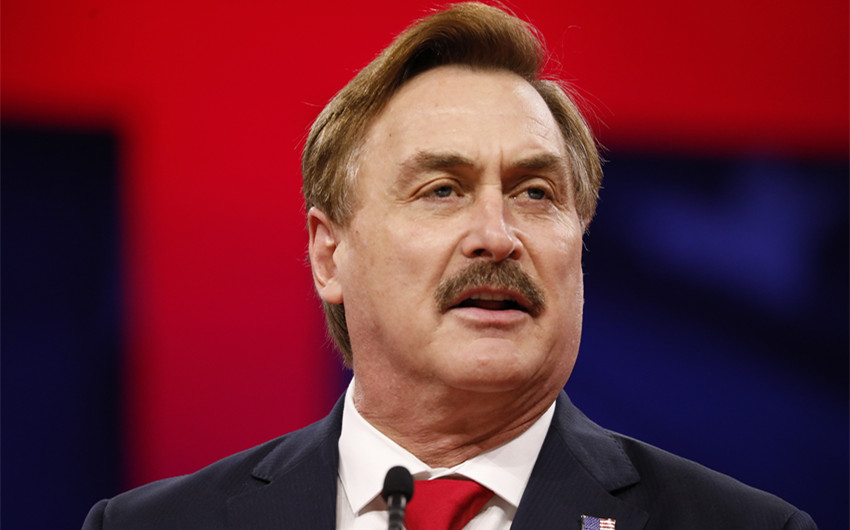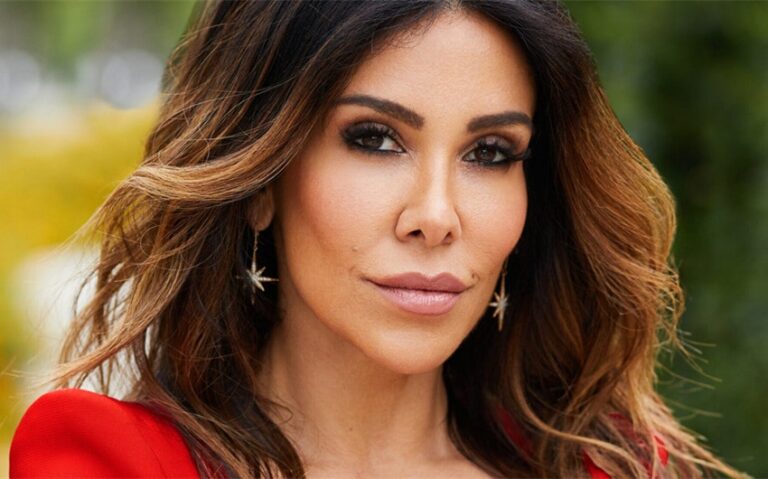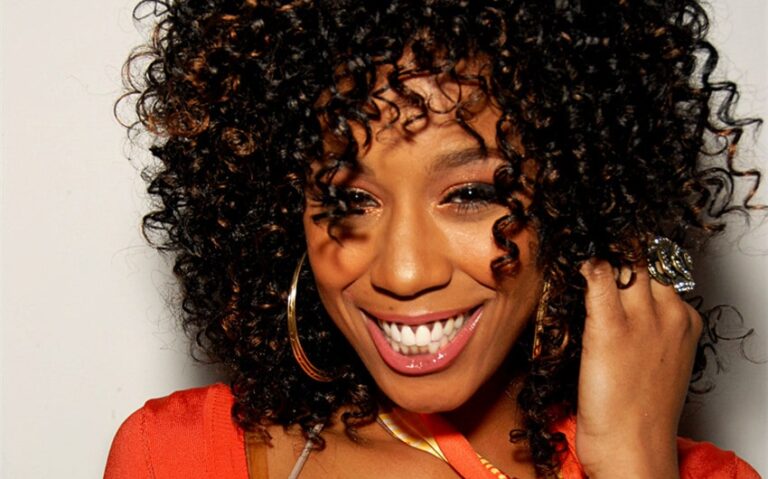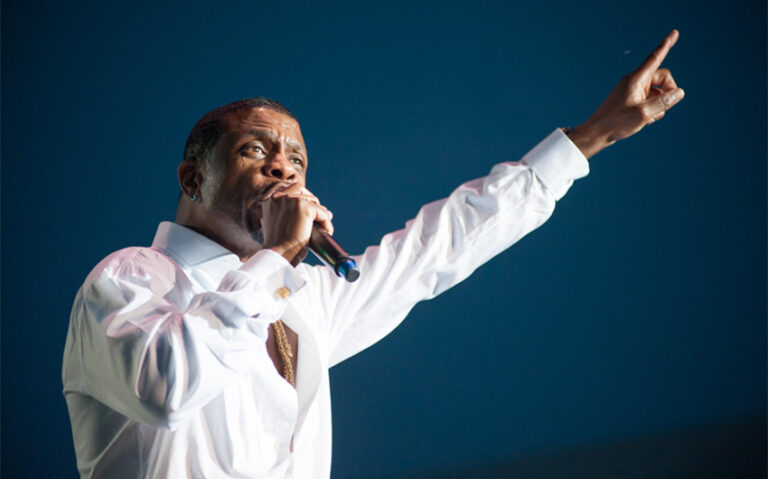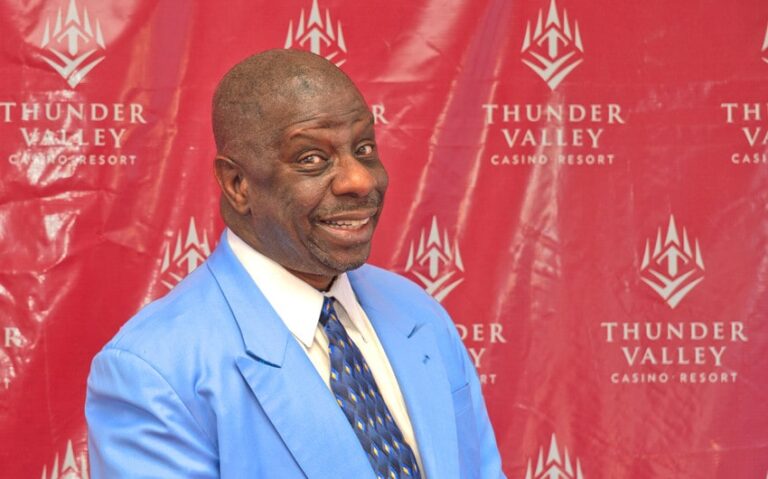Michael Lindell’s Net Worth: MyPillow Millions, Legal Setbacks, and Reinvention
Michael Lindell’s net worth in 2025 represents one of the most dramatic financial journeys in modern American entrepreneurship—a story that blends resilience, controversy, invention, and reinvention. Best known as the founder and CEO of MyPillow, Lindell has been in the spotlight for both his business acumen and his highly publicized political positions.
At one point, he was celebrated as a self-made multimillionaire with a thriving empire. But in recent years, his fortune has come under intense scrutiny due to legal battles, political advocacy, and major changes in his business operations. Whether you view him as a relentless innovator or a figure of controversy, there’s no denying the twists and turns of his financial path.
From Addiction to Invention: The Early Days of MyPillow
Michael Lindell’s story begins far from corporate boardrooms or political podiums. In fact, his early years were marred by personal challenges, including a serious addiction to crack cocaine and alcohol. In interviews, Lindell has openly described hitting rock bottom before turning his life around—a transformation he credits to his Christian faith and an entrepreneurial drive that had long been brewing.
In 2004, he invented the first prototype of MyPillow. Driven by the idea that traditional pillows lacked consistent support and durability, Lindell began selling his uniquely patented pillow at mall kiosks, home shows, and state fairs. For years, he struggled to gain traction. However, his breakthrough came not through retail channels, but through a self-funded infomercial aired in 2011. The ad, featuring Lindell himself, struck a chord with consumers and propelled MyPillow into the national consciousness.
The product’s appeal grew rapidly thanks to its promise of better sleep, washable design, and Lindell’s authentic, passionate delivery. Soon, sales surged, and MyPillow became a staple in homes across the United States.
Boom Years: Building a Multi-Million Dollar Business
During the 2010s, MyPillow experienced exponential growth. The company expanded its product line to include mattress toppers, bed sheets, and slippers, and Lindell became a familiar face in late-night infomercials. At its peak, MyPillow employed more than 1,500 people and sold over 40 million pillows, earning hundreds of millions in revenue.
Much of the company’s success came from its direct-to-consumer sales strategy. Lindell bypassed traditional advertising models and instead poured resources into informercials and direct-response television ads. This approach allowed MyPillow to control its messaging, establish a strong brand identity, and avoid the retail middleman.
By 2017, Lindell’s estimated net worth soared. Various reports suggested that he was worth between $200 million and $300 million at the height of MyPillow’s success. His lifestyle reflected that of a thriving entrepreneur—complete with private jets, charitable foundations, and business expansion into new sectors.
Retailers such as Walmart, Bed Bath & Beyond, Kohl’s, and Costco carried MyPillow products, and the brand’s visibility seemed unstoppable. But that trajectory would soon face a major test—one that had little to do with product quality and everything to do with Lindell’s outspoken beliefs.
Political Involvement and Legal Challenges
Michael Lindell’s public alignment with former President Donald Trump significantly altered both his personal brand and business prospects. Following the 2020 U.S. presidential election, Lindell became one of the most vocal proponents of election fraud theories. He appeared at rallies, funded documentaries, and launched his own media initiatives to support these claims—efforts that quickly made national headlines.
While his political engagement earned him praise from conservative audiences, it also sparked backlash from mainstream media and major corporations. Several large retailers—including Bed Bath & Beyond and Kohl’s—announced they would stop carrying MyPillow products, citing low sales and public pressure. This marked a significant financial setback for Lindell and his company.
The situation intensified when Dominion Voting Systems filed a defamation lawsuit against Lindell for spreading false claims about their voting machines. The lawsuit, seeking $1.3 billion in damages, sent shockwaves through Lindell’s financial landscape. Legal experts speculated that, if successful, the suit could erase much of his personal wealth. Lindell countersued and launched fundraising campaigns to support his legal defense, but the reputational damage was done.
In the court of public opinion, Lindell became a polarizing figure—viewed by supporters as a truth-teller and by critics as a conspiracy theorist. Regardless of one’s perspective, the fallout had undeniable implications for his financial standing.
Lindell’s Current Ventures and Brand Strategy
Despite the setbacks, Lindell has remained defiant and resourceful. He diversified his public presence by launching FrankSpeech, a social media and streaming platform designed to promote free speech and provide a home for voices he felt were being censored. He also started Lindell TV, where he broadcasts shows that align with his political and religious beliefs.
These platforms have enabled him to maintain a direct line to his loyal audience, bypassing traditional networks and social media algorithms. While not nearly as lucrative as MyPillow’s peak years, these ventures have kept Lindell in the public eye and offered monetization avenues through advertising, donations, and paid memberships.
In terms of business strategy, Lindell continues to expand the MyPillow brand, though at a slower pace. He has attempted to replace lost retail distribution with direct-to-consumer efforts and website sales, often marketing his products during appearances on conservative media outlets.
He also launched “MyStore,” an online marketplace intended to compete with Amazon by promoting American-made products and small businesses. Though still in early stages, this platform signals Lindell’s ongoing effort to reinvent himself as both a businessman and a cultural figure.
Michael Lindell’s Net Worth in 2025: What’s Left?
Given the many changes in his business and legal situation, estimating Michael Lindell’s net worth in 2025 is complex. While he once enjoyed a financial peak of roughly $300 million, that number has likely dropped substantially due to retail losses, legal fees, and declining sales.
Current estimates place his net worth between $10 million and $30 million, though the number fluctuates depending on ongoing lawsuits and the success of his alternative media platforms. He still owns MyPillow, which continues to generate revenue, albeit at lower levels than before. The company remains privately held, so financials are not publicly available, but diminished brand presence and legal distractions have clearly impacted profitability.
Here’s a breakdown of his estimated net worth today:
-
MyPillow Valuation (2025): $15 million–$25 million
-
Real Estate and Personal Assets: $3 million–$5 million
-
Legal Liabilities (pending outcomes): Up to $1 billion in claims, though likely to be negotiated or settled for much less
-
Media Ventures (FrankSpeech, Lindell TV): $1 million–$3 million in equity, depending on audience size and monetization
Even with these conservative estimates, it’s clear that Lindell has retained significant assets. However, his financial position is precarious, especially if legal judgments go against him. His willingness to invest heavily in personal causes has left his wealth vulnerable, particularly as he continues to self-fund many of his ventures.
Featured Image Source: npr.org

